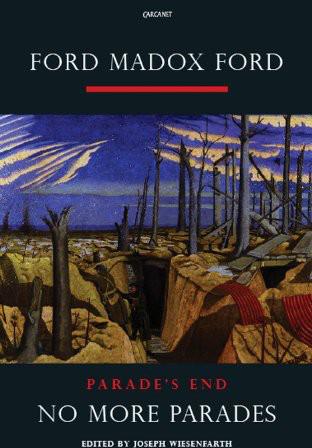
No More Parades: A Novel PDF
Preview No More Parades: A Novel
The second volume of Ford Madox Ford’s Parade’s End series, this fully annotated edition follows Christopher Tietjens, an officer and gentlemen, from the secure, orderly world of Edwardian England into the chaotic madness of World War I. Recounting a complex sexual intrigue involving Tietjens and his faithless wife Sylvia, this account is not only a panorama of WWI, but an exploration of time, history, and sexuality. The text also provides key contexts—such as Ford’s biography, the historical moment, the novel’s reception at the time of its original publication, and its relation to the author’s other novels—giving readers a close-up view of this major literary technician at work. Transcripts of significant deletions and revisions to the work as well as a glossary of pertinent terms are also included.
About the AuthorFord Madox Ford was an influential editor, essayist, critic, poet, and novelist. The author of more than 80 books, including The Fifth Queen, The Good Soldier, It Was the Nightingale, and Provence, he not only collaborated with Joseph Conrad, but also befriended many of the best writers of his time: Henry James, H. G. Wells, Stephen Crane, and Thomas Hardy. Ford also founded the English Review—discovering D. H. Lawrence, Wyndham Lewis, and Ezra Pound—and the transatlantic review in Paris—taking on Ernest Hemingway as a subeditor and publishing the works of James Joyce and Gertrude Stein. Joseph Wiesenfarth is professor emeritus of English at the University of Wisconsin–Madison. He is the author of Ford Madox Ford and the Regiment of Women: Violet Hunt, Jean Rhys, Stella Bowen, and Janice Biala and Gothic Manners and the Classic English Novel and the editor of History and Representation in Ford Madox Ford’s Writings. He lives in Madison, Wisconsin.
